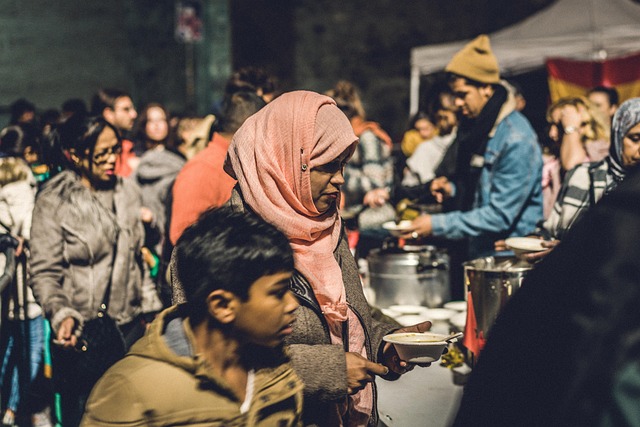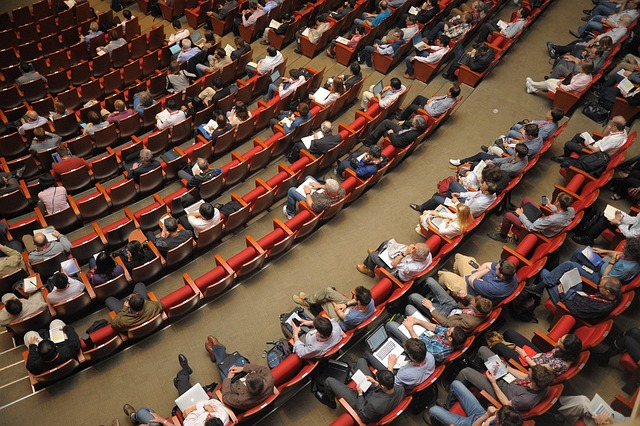In today’s diverse world, where various beliefs and traditions coexist, nurturing religious relations within our communities is more essential than ever. Religion often serves as a cornerstone of identity, binding individuals together through shared beliefs, values, and practices. By fostering a spirit of unity among different faiths, we can create a more harmonious and supportive environment for all, allowing each individual to flourish in their spiritual journey.
Many communities have experienced the benefits of establishing interfaith dialogues and initiatives aimed at understanding one another’s perspectives. These gatherings allow individuals to share their beliefs, learn about each other’s traditions, and engage in meaningful discussions that promote empathy and compassion. When we come together as a collective, we learn to respect and celebrate our differences, ultimately strengthening our community fabric.
Religious relations are not merely about tolerance; they entail deep engagement and interaction among various faith groups. For instance, community service projects initiated by interfaith organizations often bring together members from diverse religious backgrounds to work towards a common goal. This collaborative spirit not only enhances the sense of belonging but also allows individuals to witness the shared values of love, kindness, and charity found in all religions.
Educational programs and workshops focusing on religious literacy can also play a pivotal role in improving religious relations. By dispelling myths and misconceptions about different faiths, these educational efforts build bridges of understanding among community members. When we educate ourselves about the beliefs and practices of others, we break down barriers and encourage a culture of respect and acceptance.
It is essential to recognize the importance of ritual in fostering interfaith connections. Shared events, such as community festivals, can act as a platform for families to come together, engage in cultural exchanges, and celebrate their unique traditions. These joyous occasions allow individuals to express their individuality while simultaneously reinforcing the idea that despite our differences, we are all part of a larger community.
Moreover, religious leaders often hold significant influence in their communities. By promoting dialogues focused on mutual respect and understanding, they can inspire their congregations to appreciate the value found in diversity. When religious leaders embrace collaboration and reach out to their counterparts in different faiths, they can set a powerful example for their followers, encouraging them to adopt a more inclusive mindset.
Effective communication remains at the heart of building strong religious relations. Open dialogues create an atmosphere where people feel comfortable expressing their beliefs and questions. By encouraging curiosity and respectful inquiry, communities can pave the way for deeper connections that transcend mere toleration.
As we work towards nurturing relations between different faiths, it is important to also recognize our common humanity. No matter our religious affiliation, we all share fundamental experiences—love, loss, joy, and sorrow—that unite us. Acknowledging these shared experiences can foster a deeper understanding and appreciation for one another, helping to tear down the walls of division that often separate us.
Ultimately, the journey to cultivate positive religious relations is an ongoing process that requires commitment, patience, and a willingness to engage in our communities with an open heart. By actively participating in interfaith initiatives, supporting educational endeavors, and embracing our commonalities, we can nurture a tapestry of faith that enriches our lives and brings peace to our neighborhoods.




